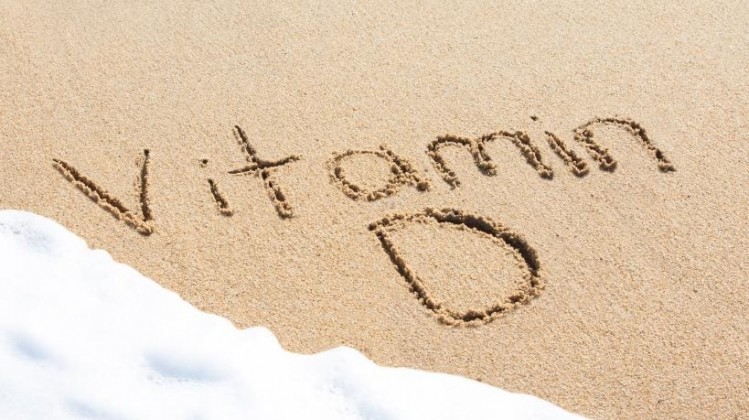Low vitamin D status may raise anaemia risk in children, warns study

The study, led by investigators at the Johns Hopkins Children's Center, USA, is believed to be the first to extensively explore the link between the sunshine vitamin and anaemia in children.
Writing in the Journal of Pediatrics, the team analysed data from more than 10,000 children - finding that 25-hydroxyvitamin D [25(OH)D] deficiency is associated with increased risk of anaemia in healthy US children, but the 25(OH)D threshold levels for lower haemoglobin are lower in black children in comparison with white children.
However, the team cautioned that their results are not proof of cause and effect, but rather evidence of a complex interplay between low vitamin D levels and haemoglobin.
"If our findings are confirmed through further research, low vitamin D levels may turn out to be a readily modifiable risk factor for anaemia that we can easily tackle with supplements," said senior study investigator Dr Jeffrey Fadrowski, of Johns Hopkins.
The team suggested several mechanisms that could account for the link between vitamin D and anaemia, including vitamin D's effects on red blood cell production in the bone marrow, as well as its ability to regulate immune inflammation, a known catalyst of anaemia.
Study details
Fadrowski and his colleagues studied blood samples from more than 10,400 children, tracking levels of vitamin D and haemoglobin.
Vitamin D levels were found to be consistently lower in children with low haemoglobin levels compared with their non-anaemic counterparts. The sharpest spike in anaemia risk occurred with mild vitamin D deficiency, defined as vitamin D levels below 30 nanograms per milliliter (ng/ml), said the team.
Children with levels below 30 ng/ml had nearly twice the anaemia risk of those with normal vitamin D levels.
When investigators looked at anaemia and vitamin D by race, the team found that black children had higher rates of anaemia compared with white children (14% vs. 2%) and considerably lower vitamin D levels overall. However the team added that anaemia risk didn't rise until their vitamin D levels dropped far lower than those of white children.
"The clear racial variance we saw in our study should serve as a reminder that what we may consider a pathologically low level in some may be perfectly adequate in others, which raises some interesting questions about our current one-size-fits-all approach to treatment and supplementation," said Dr Meredith Atkinson - lead investigator of the research.
Source: The Journal of Pediatrics
Published online ahead of print, doi: 10.1016/j.jpeds.2013.08.060
"Vitamin D, Race, and Risk for Anemia in Children"
Authors: Meredith A. Atkinson, Michal L. Melamed, Juhi Kumar, et al
















